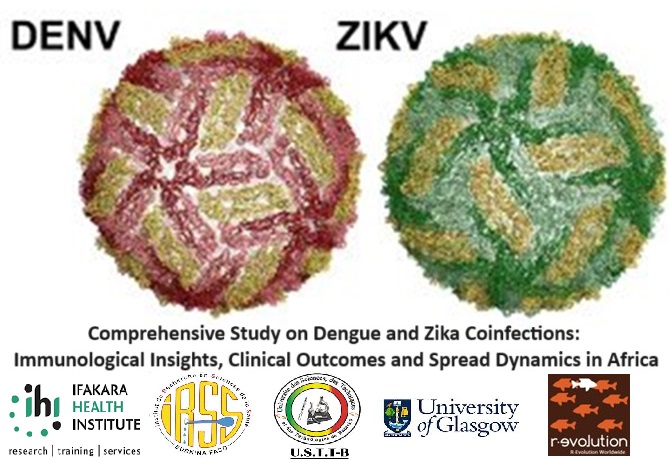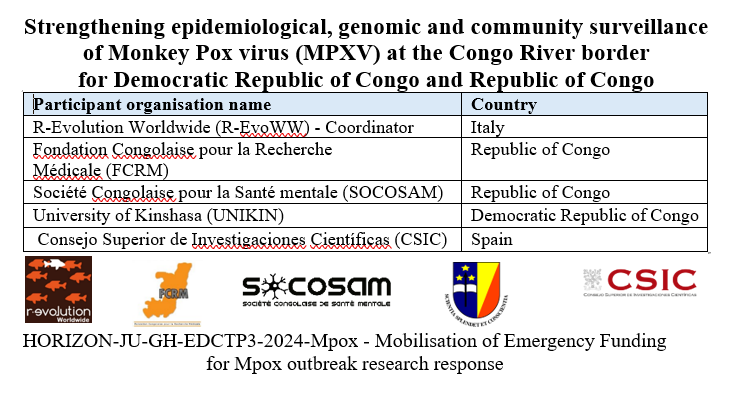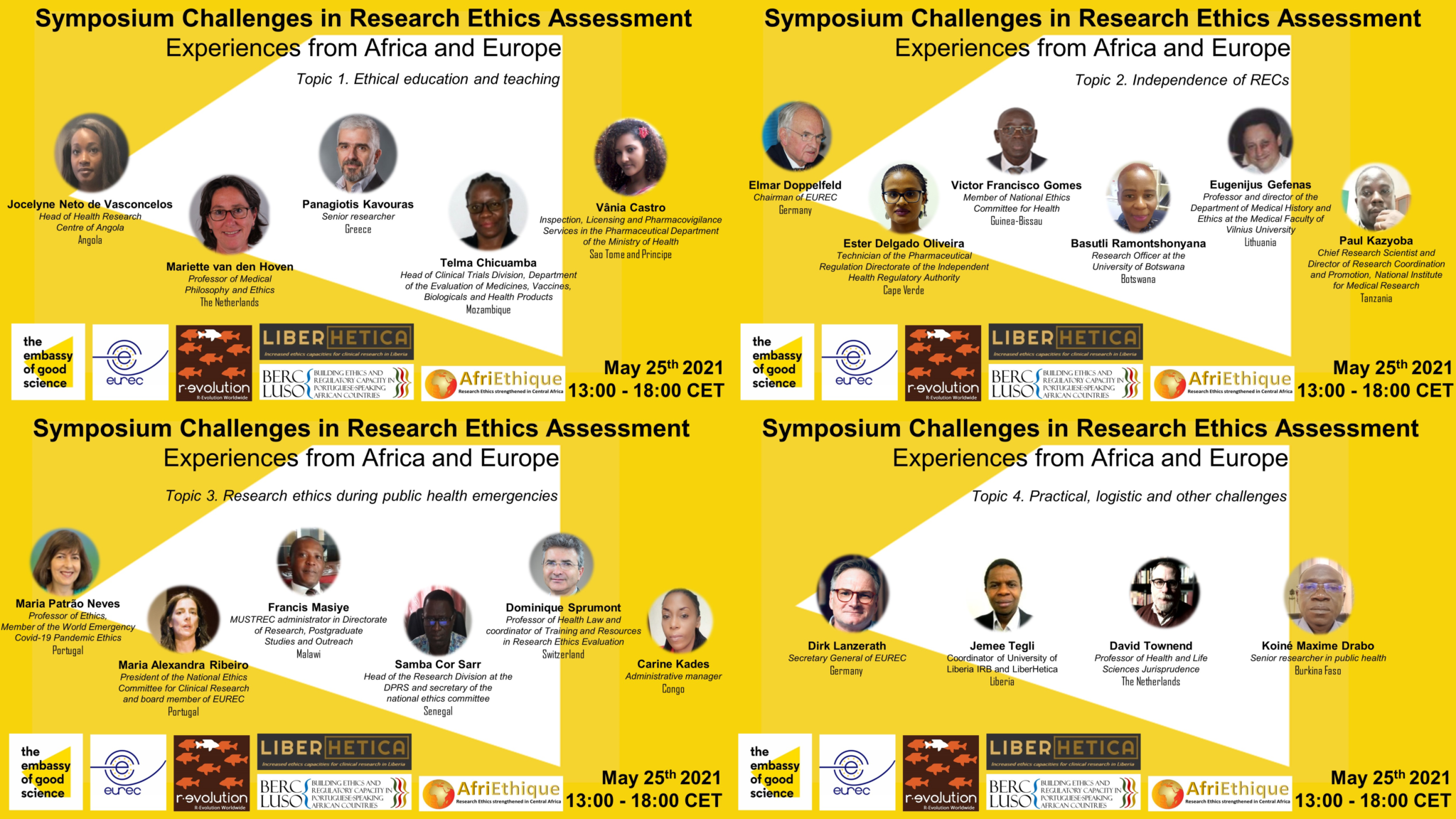African and European multidisciplinary researchers established an integrated consortium to develop a research project on the dengue and Zika viruses affecting Africa and the world

Dengue and Zika viruses are arboviruses primarily transmitted by Aedes mosquitoes. Dengue and Zika infectious disease frequently erupt in tropical and subtropical regions. Globalization coupled with climate change, significantly expedites their worldwide

